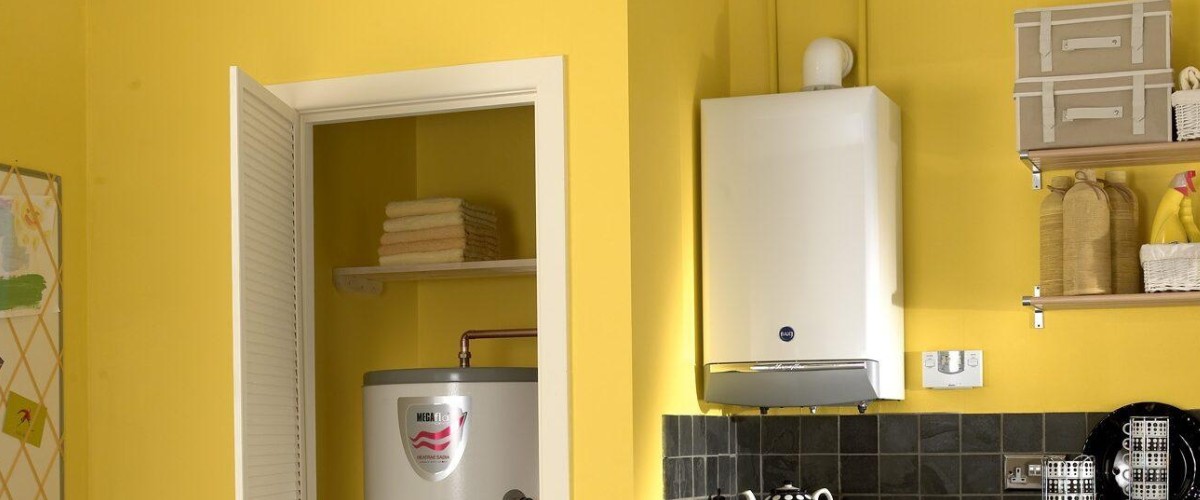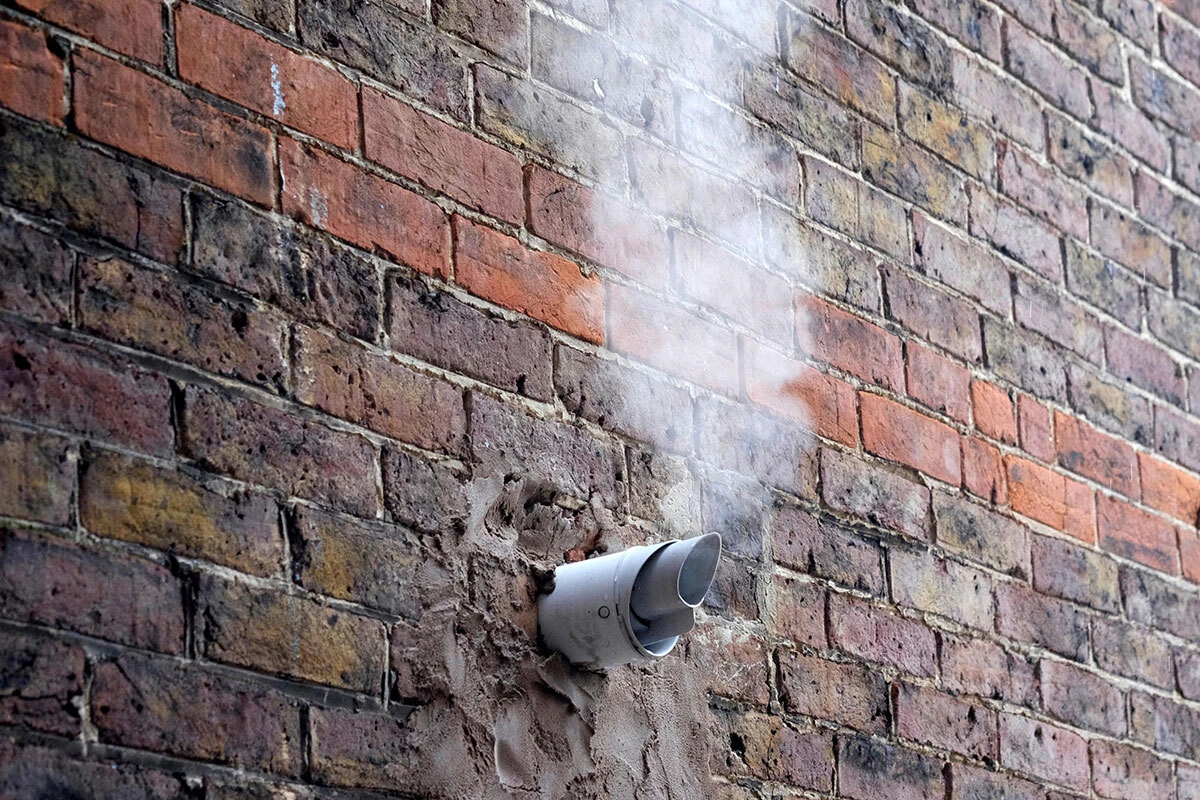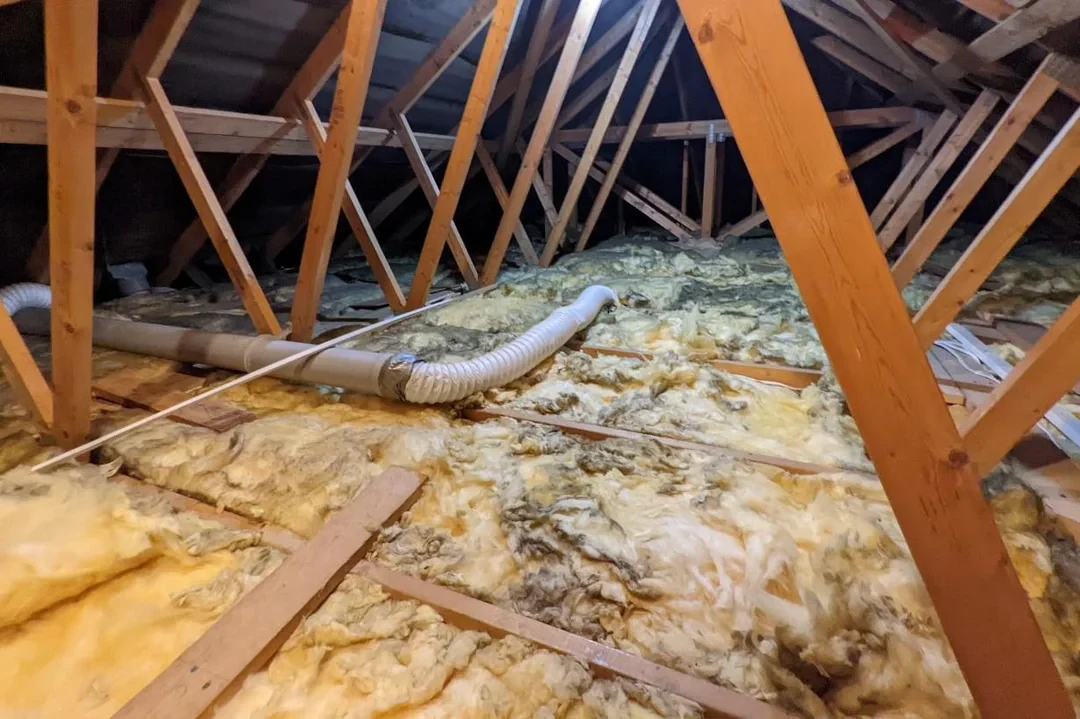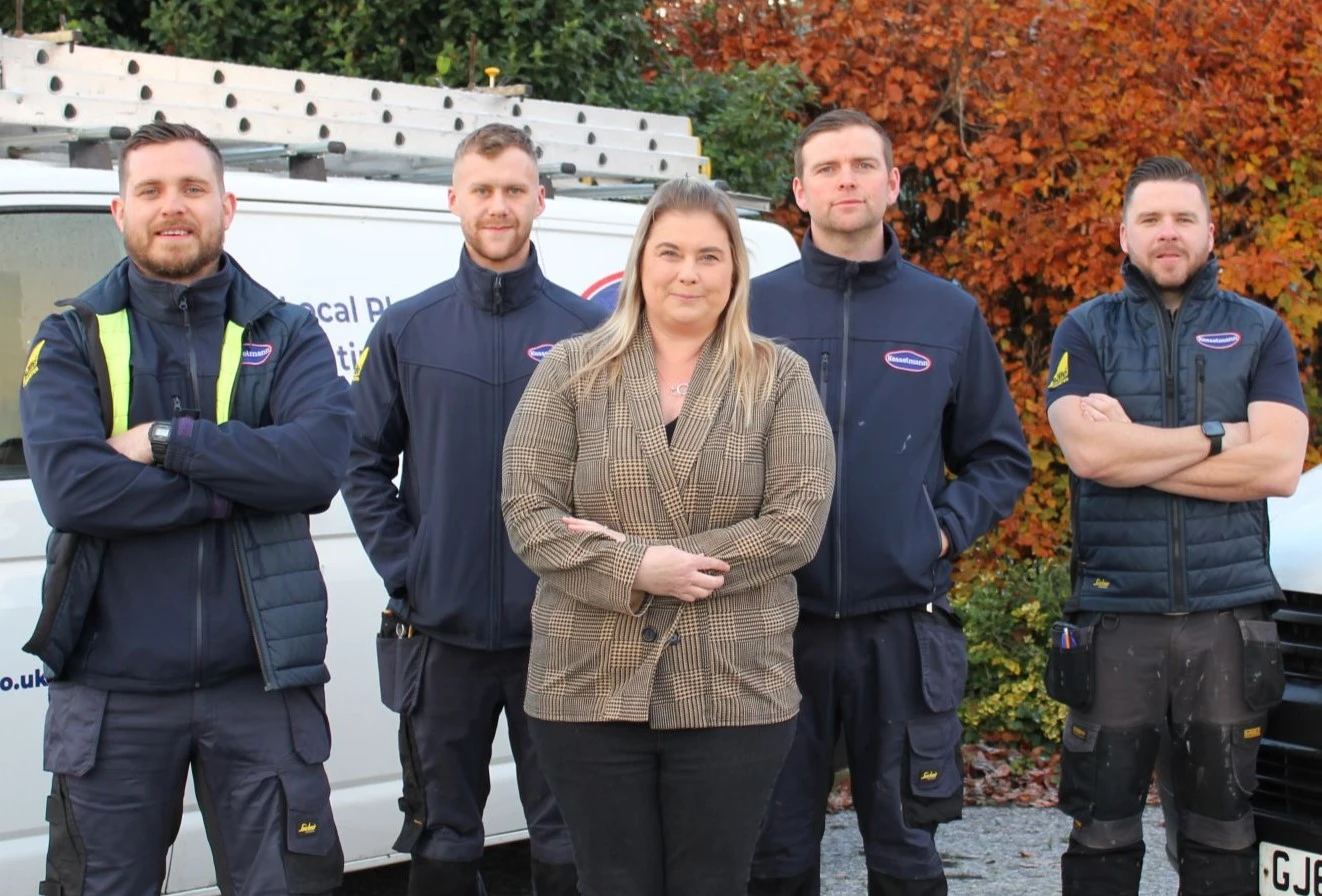15/02/2025
Contents
- What is a System Boiler?
- Key Components and Operation
- How a System Boiler Works:
- System Boiler vs. Combi Boiler vs. Regular Boiler (Conventional):
- Advantages of System Boilers:
- Disadvantages of System Boilers:
- Installation Considerations:
- Maintenance and Efficiency:
- Is a System Boiler Right for You?
- Conclusion

Navigating the world of home heating can be daunting. If you're looking for a reliable and efficient solution, especially for a larger household, a system boiler might be the perfect fit.
This comprehensive guide will explain what a system boiler is, how it works, its advantages and disadvantages, and help you determine if it's the right choice for your home.
What is a System Boiler?
A system boiler, often referred to as a sealed system boiler, is a central heating and hot water system that works in conjunction with a hot water storage cylinder.
Unlike combi boilers, which heat water on demand, system boilers store hot water via a storage cylinder for later use, ensuring a constant and reliable supply.
Key Components and Operation
To understand a system boiler, let's examine its essential components:
Boiler Unit: The core of the system, responsible for heating the water.
Integrated Pump: Circulates heating water throughout the system.
Integrated Expansion Vessel: Crucially, system boilers feature an expansion vessel built directly into the boiler unit. This accommodates water expansion as it heats, maintaining system pressure.
Integrated Pressure Relief Valve: A safety feature.
External Valves and Controls: Manage water flow, temperature, and system operation.
External Hot Water Cylinder: An insulated tank that stores the heated water.
External Cold Water Storage Cistern: If the system does not incorporate an Unvented Hot Water Cylinder.
How a System Boiler Works:
The boiler heats water and sends it to the hot water cylinder.
The cylinder stores the heated water at the desired temperature.
When a hot water tap is turned on, the stored hot water then flows directly to the outlets.
The integrated expansion vessel manages pressure changes within the sealed system.
The system is a sealed system, meaning it is fed directly from the mains water supply.
System Boiler vs. Combi Boiler vs. Regular Boiler (Conventional):
System Boiler: Stores hot water in a cylinder, integrated expansion vessel, ideal for multiple bathrooms and high demand.
Combi Boiler: Heats water on demand, no cylinder, compact, suitable for smaller homes.
Regular (Conventional) Boiler: Requires a cold water tank in the loft and a hot water cylinder, separate expansion vessel, often found in older properties.
Advantages of System Boilers:
Consistent Hot Water: Delivers a steady supply of hot water to multiple outlets simultaneously.
Space-Saving Installation: Integrated components simplify installation and reduce the need for external tanks in the loft, compared to regular boilers.
Easy Installation: Sealed system design makes installation quicker and easier than traditional heat only systems.
Reliable for larger households: Designed to cope with high hot water demand.
Disadvantages of System Boilers:
Cylinder Space Required: Needs dedicated space for the hot water cylinder.
Hot Water Depletion: If a large amount of hot water is used quickly, you'll have to wait for it to reheat.
Initial Heat-Up Time: It takes time to heat the water in the cylinder.
Potentially higher install cost: Due to the cylinder and increased pipework.
Installation Considerations:
Professional Installation: Installation by a Gas Safe registered engineer is essential.
Gravity-Fed Systems:
Many older properties utilise gravity-fed hot water systems, with cold water tanks in the loft.
When installing a system boiler in such properties, you have two main options:
Unvented Cylinder: Replace the existing vented cylinder with an unvented cylinder. This creates a sealed system fed directly from the mains, eliminating the need for loft tanks.
Retaining Gravity Feed: In most cases, you will be able to retain the cold water tank in the loft, but this is less common with new system boiler installations.
Unvented Cylinder Requirements:
If installing an unvented cylinder, ensure your mains water pressure is adequate.
Unvented cylinders require specific safety features and installation procedures.
Cylinder Space: Assess the available space for the hot water cylinder.
Hot Water Demand: Consider the property's hot water demand to choose the correct cylinder size.
Water Pressure: Check the mains water pressure of the property, especially for unvented cylinders.
Maintenance and Efficiency:
Annual servicing by a qualified engineer is crucial for safety and efficiency.
Ensure the hot water cylinder is well-insulated to minimise heat loss.
Consider modern, high-efficiency system boilers for energy savings.
Powerflushing the system before installing a new boiler will increase the systems life.
Fitting thermostatic radiator valves can increase efficiency.
Is a System Boiler Right for You?
System boilers are ideal for:
Larger homes with multiple bathrooms.
Households with high hot water demand.
Properties where consistent water pressure is essential.
Homes where loft space is limited.
Conclusion
A system boiler offers a reliable and efficient solution for homes requiring a constant supply of hot water. By understanding its key components, advantages, and disadvantages, you can make an informed decision. Always consult with a qualified heating engineer to determine the most suitable boiler for your specific needs.













